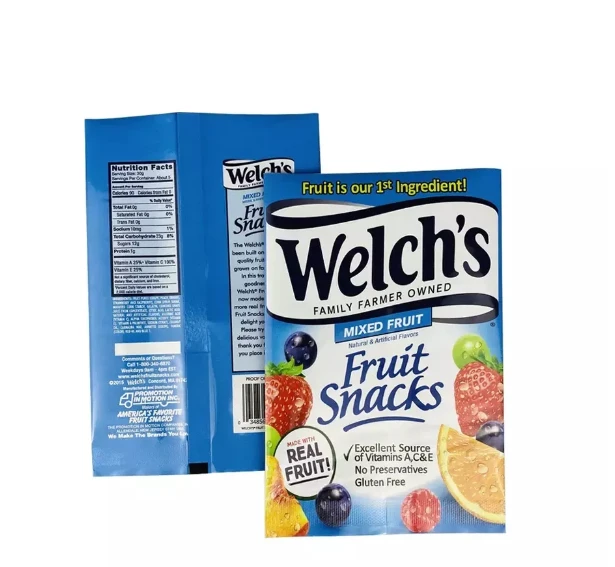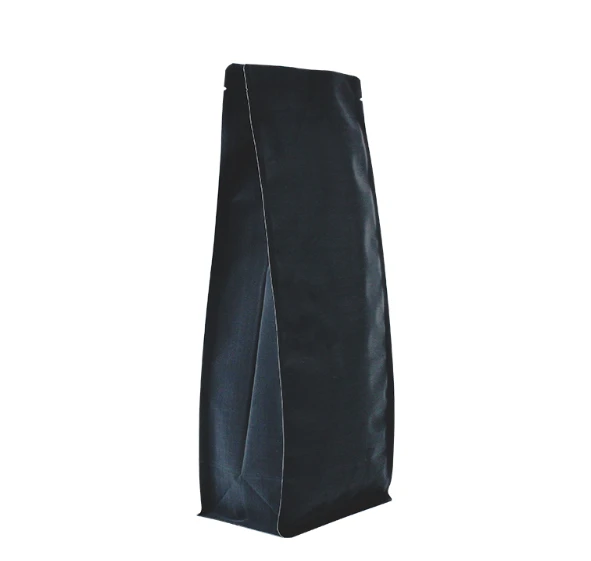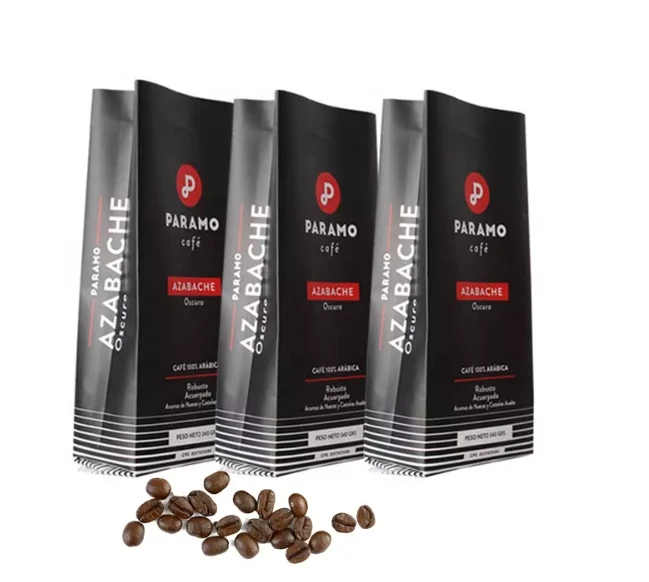- Afrikaans
- Albanian
- Amharic
- Arabic
- Armenian
- Azerbaijani
- Basque
- Belarusian
- Bengali
- Bosnian
- Bulgarian
- Catalan
- Cebuano
- chinese_simplified
- chinese_traditional
- Corsican
- Croatian
- Czech
- Danish
- Dutch
- English
- Esperanto
- Estonian
- Finnish
- French
- Frisian
- Galician
- Georgian
- German
- Greek
- Gujarati
- haitian_creole
- hausa
- hawaiian
- Hebrew
- Hindi
- Miao
- Hungarian
- Icelandic
- igbo
- Indonesian
- irish
- Italian
- Japanese
- Javanese
- Kannada
- kazakh
- Khmer
- Rwandese
- Korean
- Kurdish
- Kyrgyz
- Lao
- Latin
- Latvian
- Lithuanian
- Luxembourgish
- Macedonian
- Malgashi
- Malay
- Malayalam
- Maltese
- Maori
- Marathi
- Mongolian
- Myanmar
- Nepali
- Norwegian
- Norwegian
- Occitan
- Pashto
- Persian
- Polish
- Portuguese
- Punjabi
- Romanian
- Russian
- Samoan
- scottish-gaelic
- Serbian
- Sesotho
- Shona
- Sindhi
- Sinhala
- Slovak
- Slovenian
- Somali
- Spanish
- Sundanese
- Swahili
- Swedish
- Tagalog
- Tajik
- Tamil
- Tatar
- Telugu
- Thai
- Turkish
- Turkmen
- Ukrainian
- Urdu
- Uighur
- Uzbek
- Vietnamese
- Welsh
- Bantu
- Yiddish
- Yoruba
- Zulu
UL Certification Explained for Safety and Quality Assurance Standards
Understanding UL Certified What It Means for Safety and Quality
In today's world, consumers are more conscious of the safety and quality of the products they purchase than ever before. One label that often assures this trust is UL Certified. This certification, provided by Underwriters Laboratories (UL), a global independent safety science company, indicates that a product has been tested for safety and reliability. But what does UL Certified really mean, and why should it matter to you?
The History of UL
Founded in 1894, UL has played an essential role in reducing hazards and ensuring safe products for over a century. Initially focused on testing electrical devices, the organization has expanded its services to include a wide range of products, from appliances to building materials. With a stringent testing and certification process, UL has become a recognizable name synonymous with safety.
What Does UL Certification Entail?
UL certification involves rigorous testing procedures to evaluate a product's safety and performance. Various criteria are tested, including
1. Electrical Safety Products must meet specific safety standards to prevent electrical hazards such as shocks or fires.
2. Fire Resistance Certain products are tested for their ability to withstand heat and flames to avoid contributing to fire hazards.
3. Mechanical Safety Items are evaluated to ensure they won't cause physical harm during regular use.
4. Environmental Impact Increasingly, UL also considers sustainability, assessing products for their overall environmental footprint.
Additionally, UL involves ongoing evaluation, meaning products must be periodically re-tested to maintain their certification status. This ensures that manufacturers maintain consistent safety standards in the production process.
ul certified

The Benefits of UL Certification
For consumers, purchasing UL Certified products offers several benefits
1. Assurance of Safety When you see the UL mark on a product, you can have confidence that it has been independently tested for quality and safety. This reduces the risk of injuries or hazards at home or work.
2. Quality Assurance UL certification is not just about safety; it often implies a level of quality and durability. Products that uphold these standards are likely to perform better over time.
3. Better Insurance Rates Some insurance companies may offer lower premiums for homes or businesses that utilize UL Certified products, recognizing their reduced risk profile.
4. Informed Decision-Making The UL mark helps consumers make educated choices. As you compare products, knowing which ones are UL Certified can steer you toward safer options.
UL Certification in Different Industries
The UL mark is found across a variety of sectors. In electronics, appliances, and lighting, the certification helps to ensure that these products are safe to use. In construction, UL Certified materials are often preferred, as they provide a level of assurance regarding fire safety and structural integrity. In recent years, as sustainability has become increasingly important, UL has introduced certifications like UL 2809, which focuses on evaluating the sustainability of building materials.
Conclusion
In a marketplace flooded with various product labels and claims, UL Certified stands out as a symbol of safety and quality assurance. Understanding what UL certification entails can empower consumers, giving them the tools to make safer choices in their purchasing decisions. Whether you're upgrading your home with new appliances or selecting materials for a construction project, look for the UL mark—it signifies not just compliance but a commitment to a safer, more reliable future. By prioritizing UL Certified products, you are not only safeguarding yourself and your loved ones but also supporting a culture of safety and responsible manufacturing.













